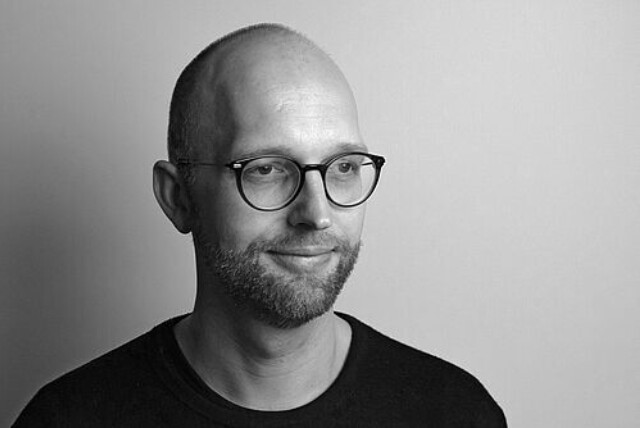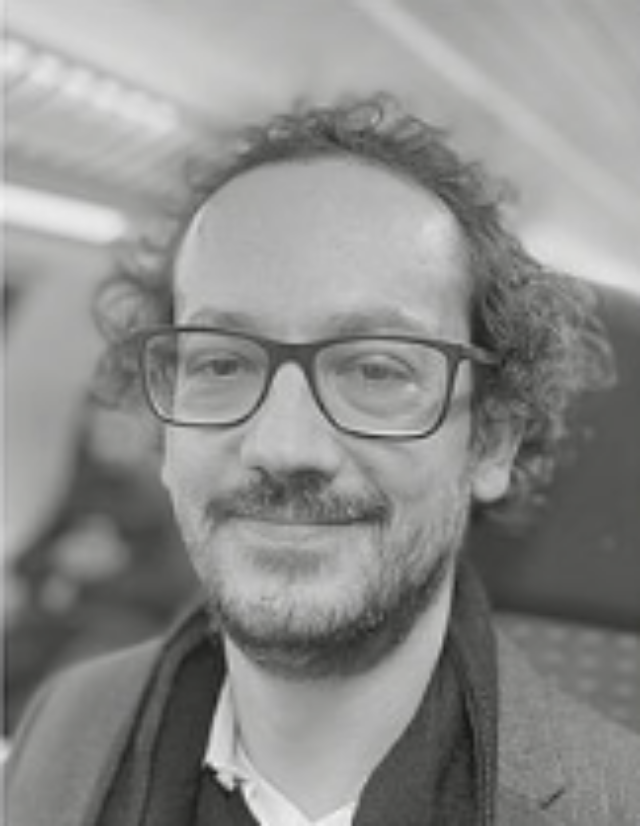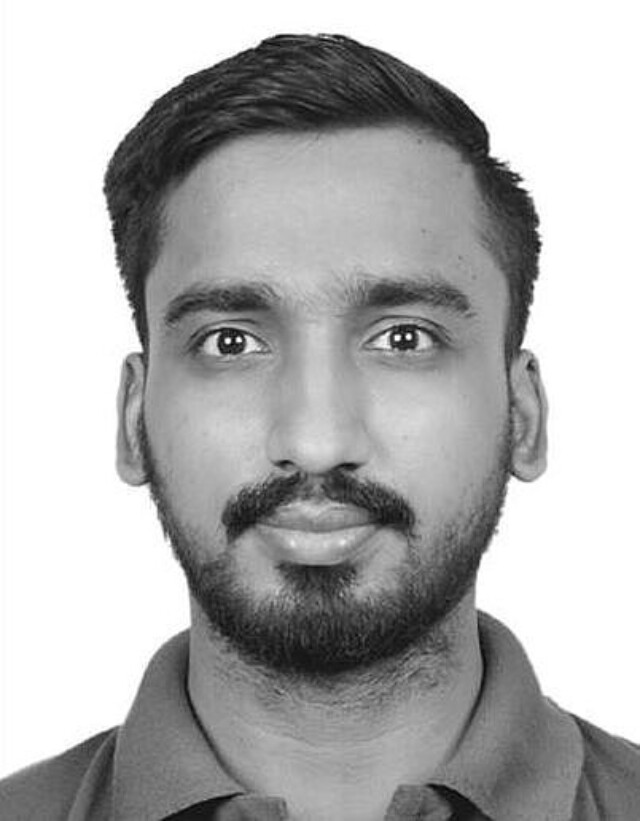to our
newsletter
KNOW (Joint Knowledge, Data and Scenario Lab) integrates data, models, scenario building, and results across all work packages (WP). Phase I enhances data handling, interpretation, and analysis capabilities through tools like the Urban Climate Knowledge Graph (UCKG) and URB's spatial model. Phase II uses these frameworks to explore sustainable future scenarios, integrating insights from academic and regional partners. KNOW conducts simulations, assessments, and visualizations to evaluate sustainability impacts on climate, energy, resources, and land consumption across various scenarios.

In Phase 1, resources will be provided for all WPs to process, interpret and analyse data. To this end, KNOW is building on various models such as the Urban Climate Knowledge Graph (UCKG) and the spatial model from URB to:
a.) to collect data and register urban data sets for the study regions and beyond,
b.) to advance the development of a joint model framework (JMF), based on the UDSM and UCKG, to support the data- and use-specific tasks of all WPs,
c.) to facilitate a common comparative analysis of the accounting methods of all WPs,
d.) to enable the development of a research data environment for the reuse of UCFL data by third parties and to make it publicly accessible through open licences.
In addition, KNOW supports the other WPs in creating dataset- and application-specific data science pipelines for data exploration, cleansing, integration and modelling to ensure high-performance and high-quality results.
In phase 2, KNOW, with the support of URB, brings together all academic and regional application partners to develop plausible future alternatives for the study areas. For this purpose, sustainability scenarios for the study areas are simulated, evaluated and visualised using computer-aided modelling. In addition, trade-off analyses are created to show the effects of different scenarios and to better illustrate the consequences of decisions and the interplay between objectives, available options and restrictions. Strategies and instruments applicable to other cities and regions will be identified by defining and systematising types, relevant intervention areas and methods, scales and constraints.
COLAB (Project coordination, network activities and strategic development) is the essential structural WP. It organises the collaboration and joint resources of all partners, by building and managing the project organisation, infrastructure and communication. It also coordinates project-related activities such as workshops, public relations, science communication, conferences and supports joint research proposals. The key activity here is the development of a strategic roadmap for the research project. It thus plays a central role in building the UCFL beyond the phases.
Principal Investigators

Prof. Dr. Vanessa Miriam Carlow
URB | PI, Speaker UCFL
Institute for Sustainable Urbanism (ISU)
Technische Universität Braunschweig
www.spacelab-isu.org
Prof. Dr. Vanessa Miriam Carlow became Professor at Technische Universität Braunschweig in 2012, where she leads the Institute for Sustainable Urbanism (ISU) and the Spatial Analytics and Cross-disciplinary Experimentation Lab (SPACE LAB). Co-speaker of FUTURE CITY since 2015, her work advances tools for sustainable urban development. She co-founded COBE Copenhagen (2005) and COBE Berlin (2012–2020) and since 2021 heads Vanessa Carlow Urbanism Research Architecture. Carlow studied Architecture and Urban Design at TU Berlin and TU Delft, holds an MA and a PhD in strategic planning from the Royal Danish Academy. Her projects have won Golden Lion and a MIPIM Award.

Olaf Mumm
URB | Deputy Head
Institute for Sustainable Urbanism (ISU)
Technische Universität Braunschweig
www.spacelab-isu.org
Olaf Mumm, Dipl.-Ing. (Architekt), is Deputy Director and Senior Researcher at the Institute for Sustainable Urbanism (ISU) and its SpACE Lab at TU Braunschweig. With over 15 years at the nexus of urban design, planning and research, he has led interdisciplinary, design-based projects on urbanization patterns, city structures and knowledge-based planning tools. Mumm joined TU Braunschweig in 2014 following roles at Urban INDEX Institute and Bauhaus-Universität Weimar. He holds a Diploma in Architecture and Urban Design from Bauhaus-Universität Weimar and studied sociology at FernUniversität Hagen. His teaching—such as the iSCOR seminar—earned TU Braunschweig’s LehrLEO award in 2018.

Dr. Esteban Muñoz
URB | General Manager
Institute for Sustainable Urbanism (ISU)
Technische Universität Braunschweig
www.spacelab-isu.org
Esteban Muñoz is a researcher and urban modeler specializing in spatial microsimulation and urban metabolism. With a Dipl.-Ing. (FH) in Architecture, a M.Sc. in Resource Efficiency in Architecture and Planning, and a Ph.D. from HafenCity University Hamburg, he has developed innovative models for urban planning and environmental impact assessment. He served nearly 8 years as a consultant for UNEP, leading projects in circular economy, urban nature, and climate adaptation across the Global South. He co-developed the Circular Jobs Monitor and the SMUM model for simulating urban resource use. Since October 2024, he is General Manager at the Urban Climate Future Lab, TU Braunschweig, where he advances urban sustainability through data-driven policy tools.

Bhupender Bindal
KNOW | Research Associate
ISU - Institute for Sustainable Urbanism
Technische Universität Braunschweig
www.spacelab-isu.org
Bhupender Bindal is a research associate at the Institute for Sustainable Urbanism (ISU). He received his master’s degree in Computational Sciences in Engineering from TU Braunschweig, during which he focussed on applied machine learning on microscopic images. He earned his bachelor's degree in mechanical engineering from Jamia Millia Islamia University, India.
He worked as a student assistant at ISU during the summer semester of 2024 and joined ISU as a research associate in April 2025. His research interests include analyzing geospatial data and applying machine learning to answer research questions pertaining to sustainable urbanisation.